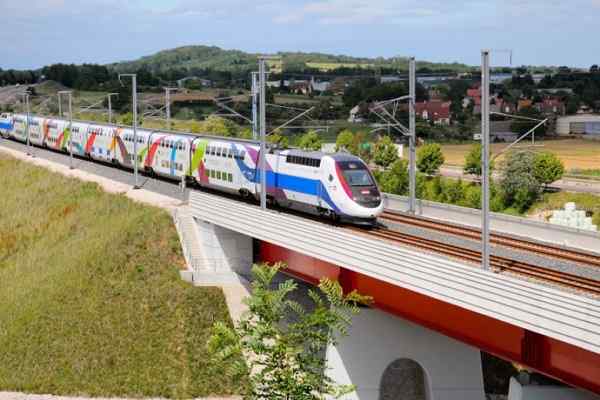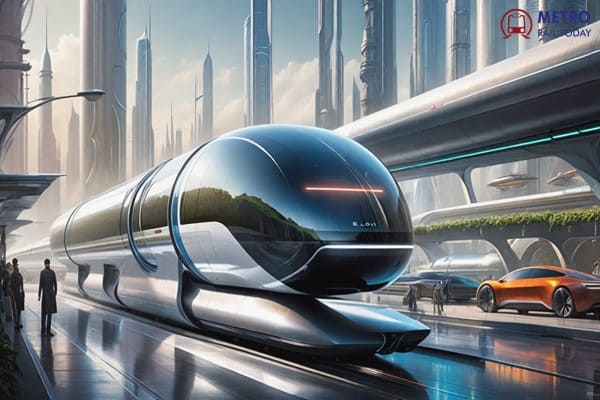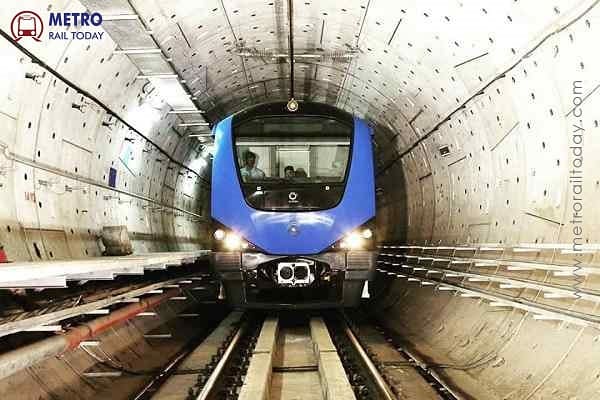 CMRL achieves second Tunnel Breakthrough at Thirumayilai for Chennai Metro Phase 2 Corridor 4
CMRL achieves second Tunnel Breakthrough at Thirumayilai for Chennai Metro Phase 2 Corridor 4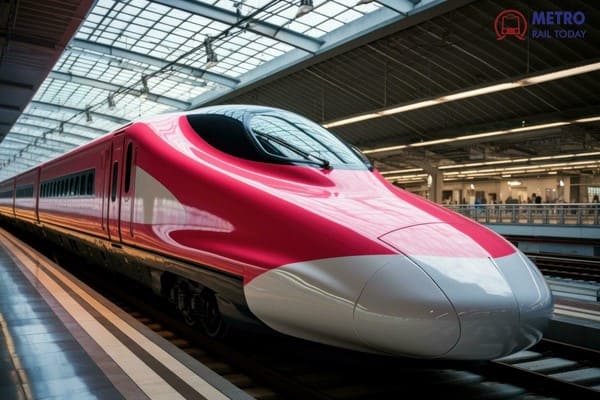 NHSRCL invites Single Tender from BEML for Bullet Train Rolling Stock Package
NHSRCL invites Single Tender from BEML for Bullet Train Rolling Stock Package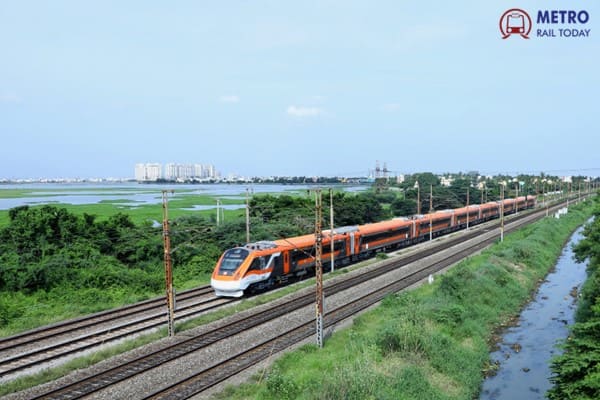 Railway Minister reviews progress of Ahmedabad–Dholera Semi High-Speed Rail Project
Railway Minister reviews progress of Ahmedabad–Dholera Semi High-Speed Rail Project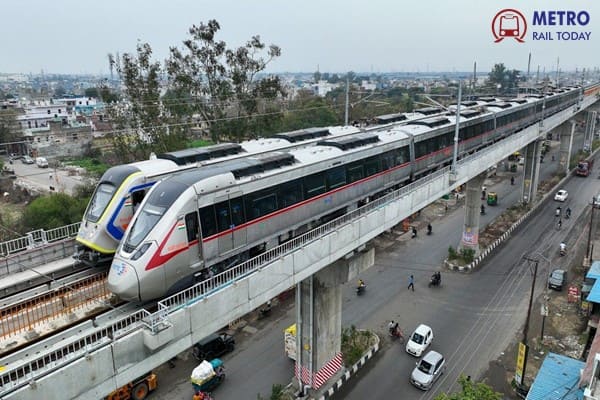 National Planning Group reviews key Rail & Metro projects under PM GatiShakti
National Planning Group reviews key Rail & Metro projects under PM GatiShakti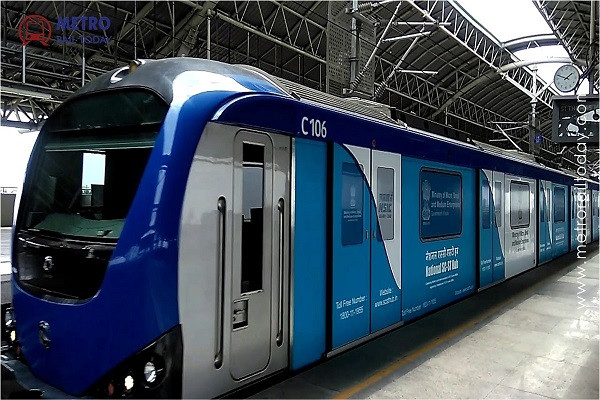 CMRS approves Driverless Metro Operations on first stretch of Chennai Metro Phase 2 Corridor 4
CMRS approves Driverless Metro Operations on first stretch of Chennai Metro Phase 2 Corridor 4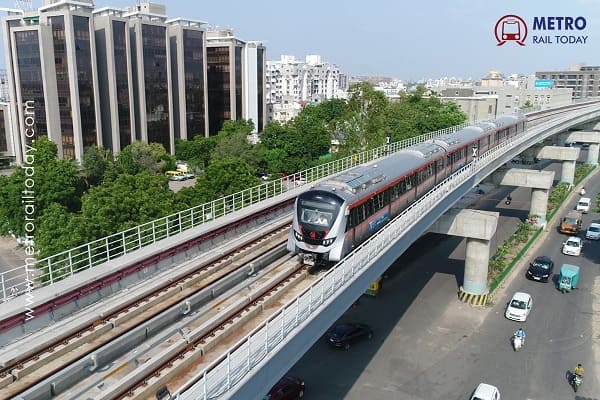 J Kumar Infraprojects completes Final Tunnel Breakthrough for Surat Metro Phase 1 Project
J Kumar Infraprojects completes Final Tunnel Breakthrough for Surat Metro Phase 1 Project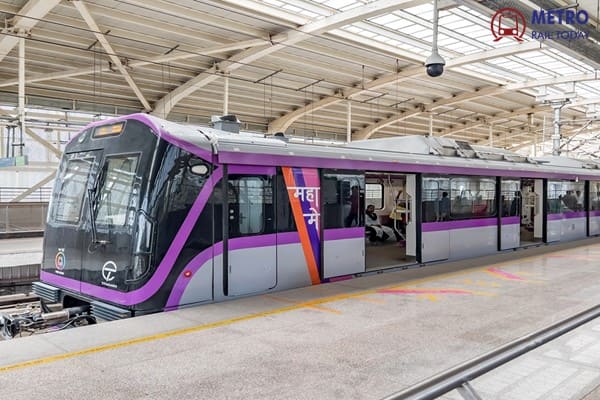 Apurvakriti Infrastructure awarded Ballastless Track Contract for Pune Metro Reach-1 Extension
Apurvakriti Infrastructure awarded Ballastless Track Contract for Pune Metro Reach-1 Extension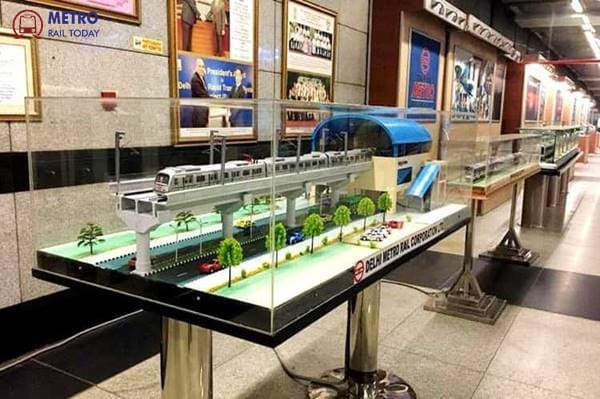 SAM India Builtwell bags first ₹222.76 Crore Civil Contract for Delhi Metro Phase V
SAM India Builtwell bags first ₹222.76 Crore Civil Contract for Delhi Metro Phase V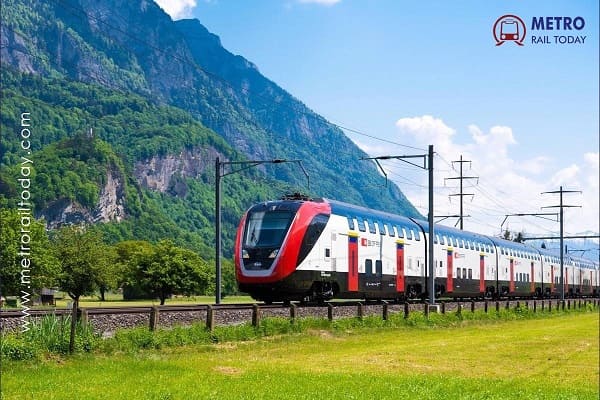 HRIDC conducts Investors Pre-Bid Meeting for Haryana Orbital Rail Corridor
HRIDC conducts Investors Pre-Bid Meeting for Haryana Orbital Rail Corridor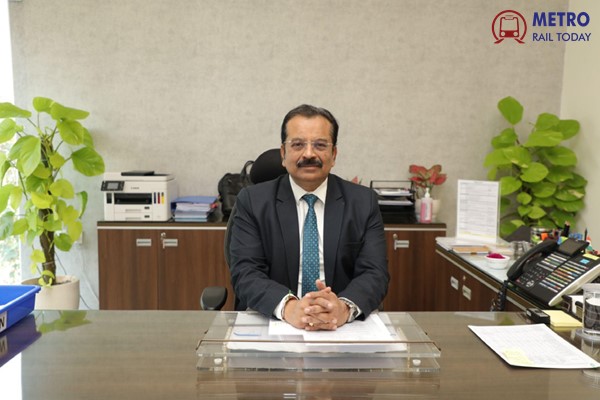 NCRTC Chief Shalabh Goel appointed as General Manager of Central Railway
NCRTC Chief Shalabh Goel appointed as General Manager of Central Railway
Hyderabad to introduce Personal Rapid Transit (PRT) System to Tackle IT Corridor traffic woes

Hyderabad, India (Metro Rail Today): The Telangana state government is moving ahead with plans to revolutionize last-mile connectivity in Hyderabad's bustling IT corridor by introducing a state-of-the-art Personal Rapid Transit (PRT) or pod taxi system. This innovative solution aims to end the frequent traffic congestion in key areas such as Knowledge City, Hitech City, and Kondapur, providing a faster, more efficient way to travel between Metro stations and major office hubs.
The PRT system will initially be deployed in two major corridors, designed to connect Metro stations with high-traffic business areas and residential zones. The 8.8 km-long Corridor-I, covering Raidurg, ITC Kohenur, and Knowledge City, will feature 28 stops and is estimated to cost Rs 880 crore. The second corridor, Corridor-II, will stretch 6 km and include 27 stops linking Raidurg, Tech Mahindra, Hitech City, and Kondapur at a cost of Rs 600 crore.
The Hyderabad Metro Rail Limited (HMRL) has commissioned a Detailed Project Report (DPR) for the system, which is expected to be submitted to the state government by the end of the month.
Faster, Smoother, and Eco-Friendly Travel
The PRT system is poised to handle up to 10,000 passengers per hour during peak hours, with a daily capacity of up to 1 lakh commuters. This battery-operated, driverless pod system will travel on elevated tracks, providing a seamless connection from Metro stations to offices, residential areas, and commercial hubs. Each pod, which can carry 6-8 passengers, will operate under centralized control, with passengers selecting their destinations via a touch panel.
One of the key advantages of this system is its ability to bypass the city’s congested roads, offering uninterrupted travel to passengers. Additionally, pods will be available for private hire, ensuring a smooth journey without delays.
A Model for Urban Transport in India
Similar systems are already under development in other parts of India, including Mumbai’s Bandra-Kurla Complex, but Hyderabad’s PRT system is set to become a leading example of urban mobility innovation. Once operational, the PRT network will be a game-changer for the city’s rapidly expanding IT and business districts, offering a model for other growing metropolitan areas in India.
The state government’s ambitious project promises to not only ease traffic congestion but also improve overall urban infrastructure, contributing to the city's ongoing transformation into a modern, connected metropolis. Stay tuned for more updates as this exciting development takes shape.





